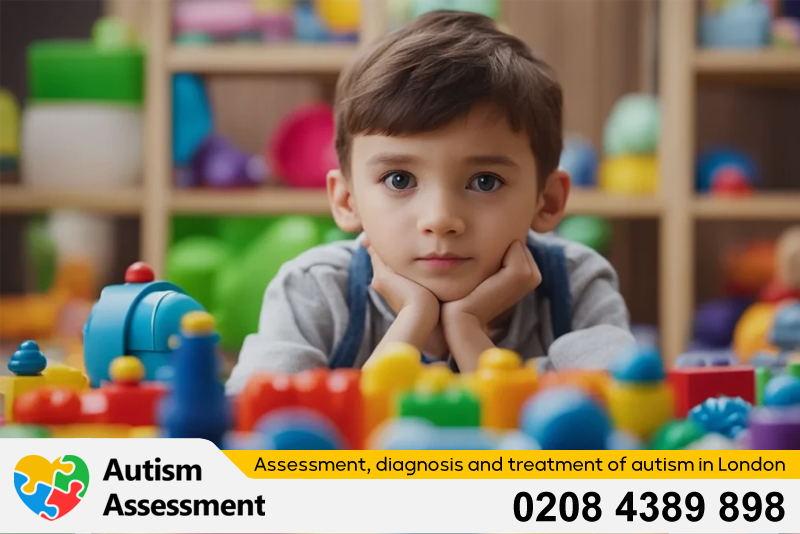can autism be genetic?
The Genetic Factors of Autism Spectrum Disorder
Autism Spectrum Disorder (ASD) is a complex neurodevelopmental condition that has intrigued scientists, medical professionals, and the public alike. One of the most pressing questions surrounding ASD is its origins, particularly the role genetics play in its development.
Research has consistently shown that genetics are a significant factor in the development of ASD. Studies involving twins and families have provided compelling evidence that ASD can run in families, suggesting a heritable component to the disorder. A meta-analysis of twin studies estimated that 60 to 90% of the risk for autism stems from genetic factors.
Moreover, scientists have identified over 800 genes that may be linked to ASD, with more than 100 genes strongly implicated in the development of the condition. These genetic variations can range from small mutations in numerous genes to more significant changes that affect neural development and function. However, it’s important to note that not all individuals with ASD show these genetic changes, indicating that other factors may also play a role.
Environmental factors, while less understood, are also believed to contribute to the risk of developing ASD. Certain prenatal and perinatal factors, such as exposure to pollutants or complications during birth, have been associated with an increased risk of ASD. This suggests that a combination of genetic predisposition and environmental triggers may be necessary for ASD to develop.
It’s crucial to recognize that ASD is a spectrum, with a wide range of manifestations and severities. This diversity within the spectrum further supports the idea that multiple genetic and environmental factors contribute to the condition.
The ongoing research into the genetics of ASD not only helps us understand the roots of the condition but also paves the way for more personalized approaches to support and interventions for individuals with ASD. As our knowledge expands, so does our ability to cater to the unique needs of each person on the spectrum.
In conclusion, while genetics play a substantial role in the development of ASD, they are just one piece of a larger puzzle. The interplay between genes and the environment, and the individual variations therein, make ASD a particularly complex condition to understand fully. However, the advancements in genetic research continue to offer hope for better understanding, support, and acceptance for those on the autism spectrum.
For more detailed information on the genetic factors of ASD, you can refer to the comprehensive resources provided by the Mayo Clinic, Psych Central, and Autism Speaks.



